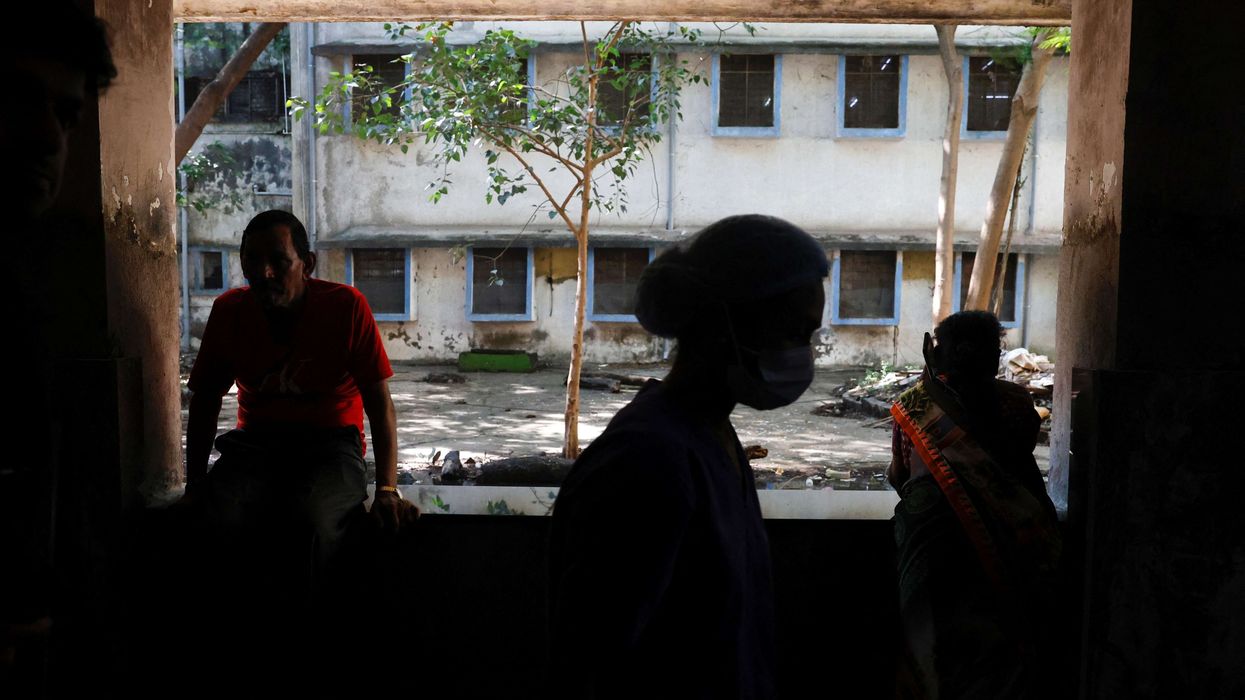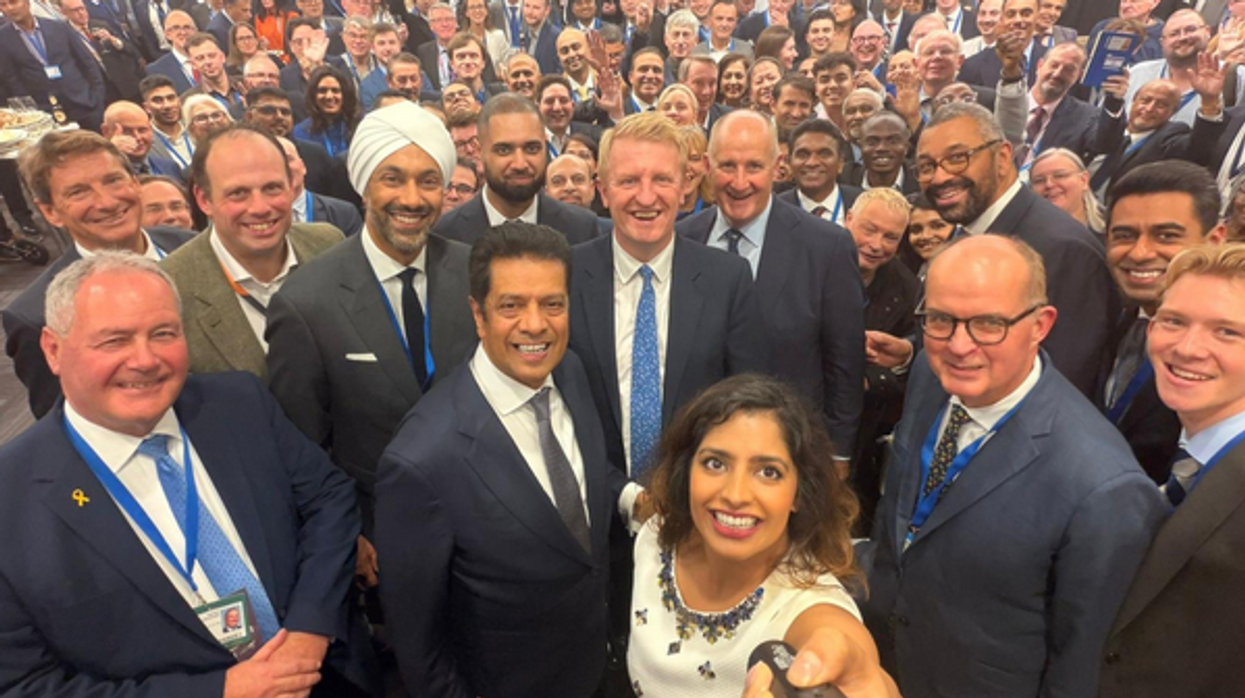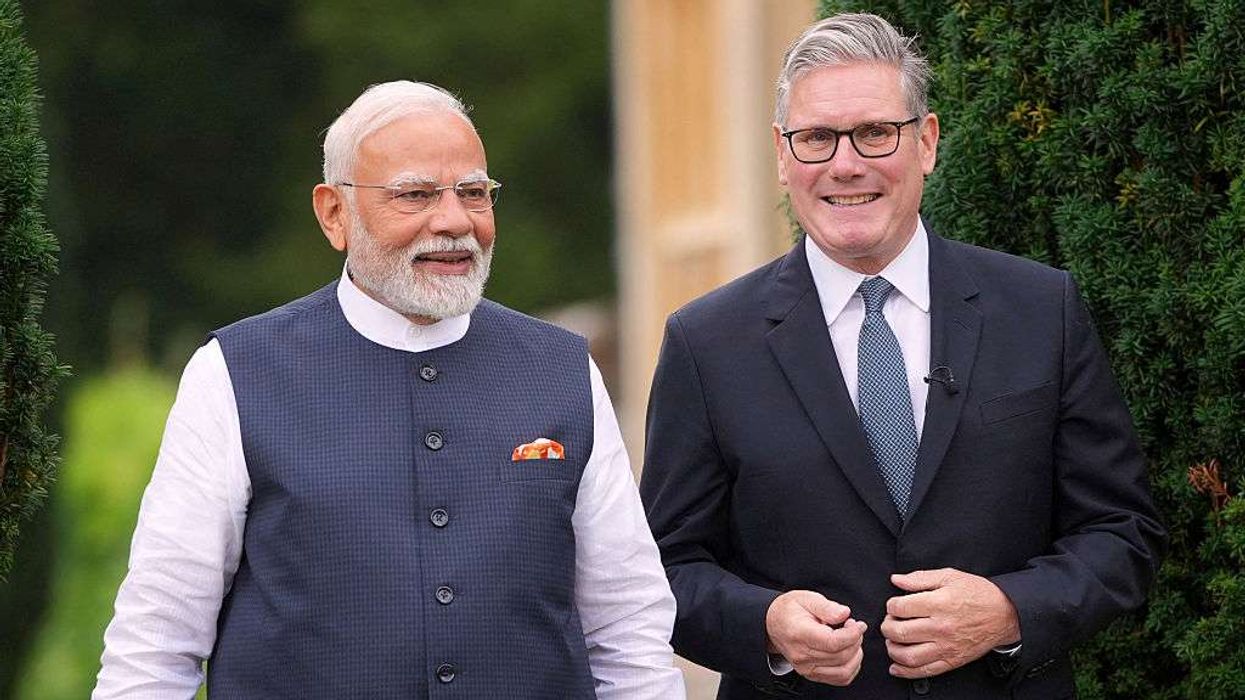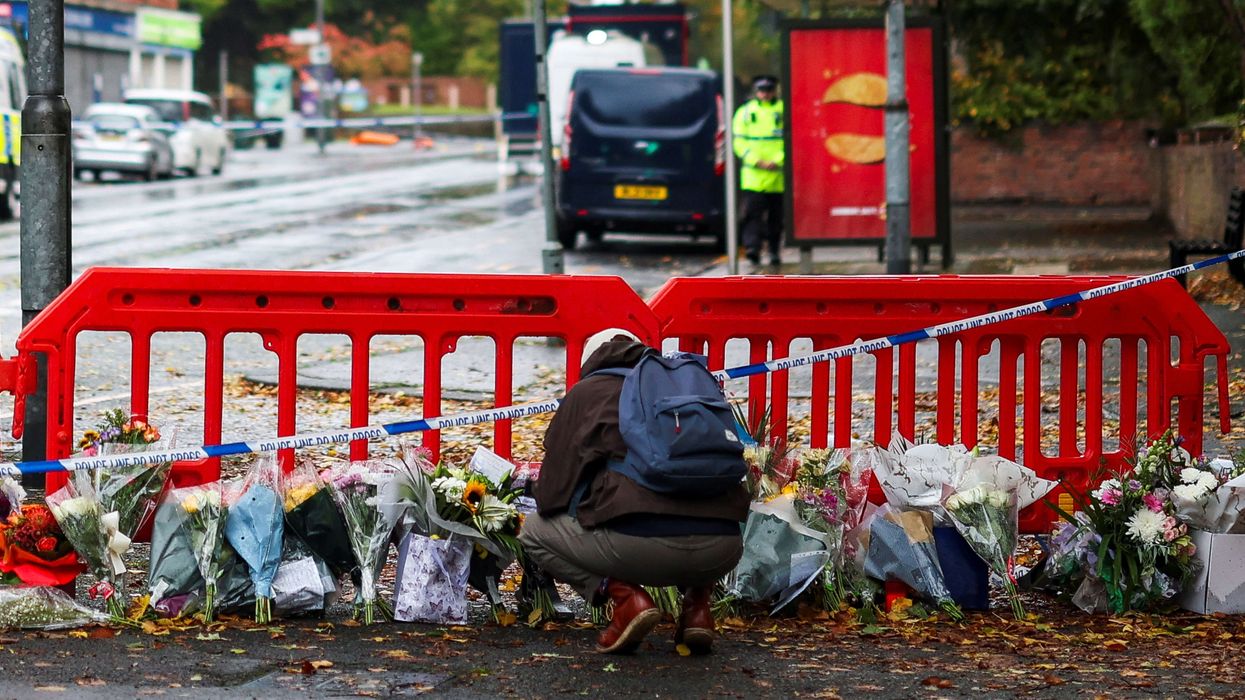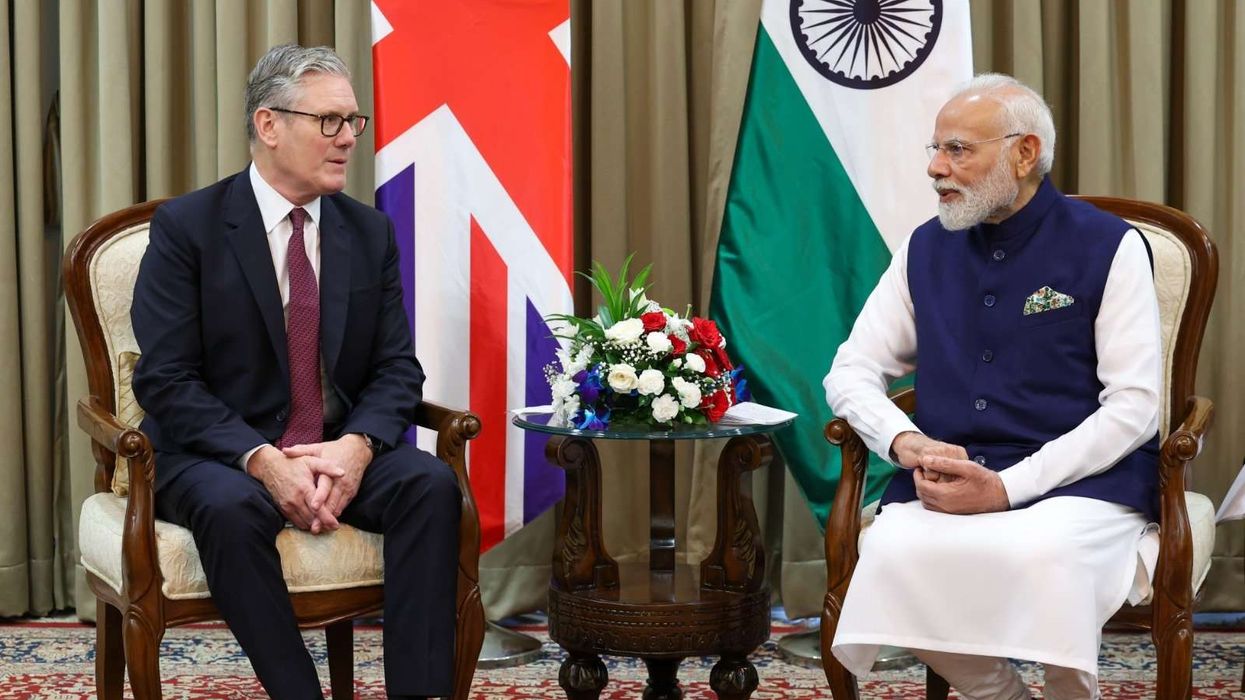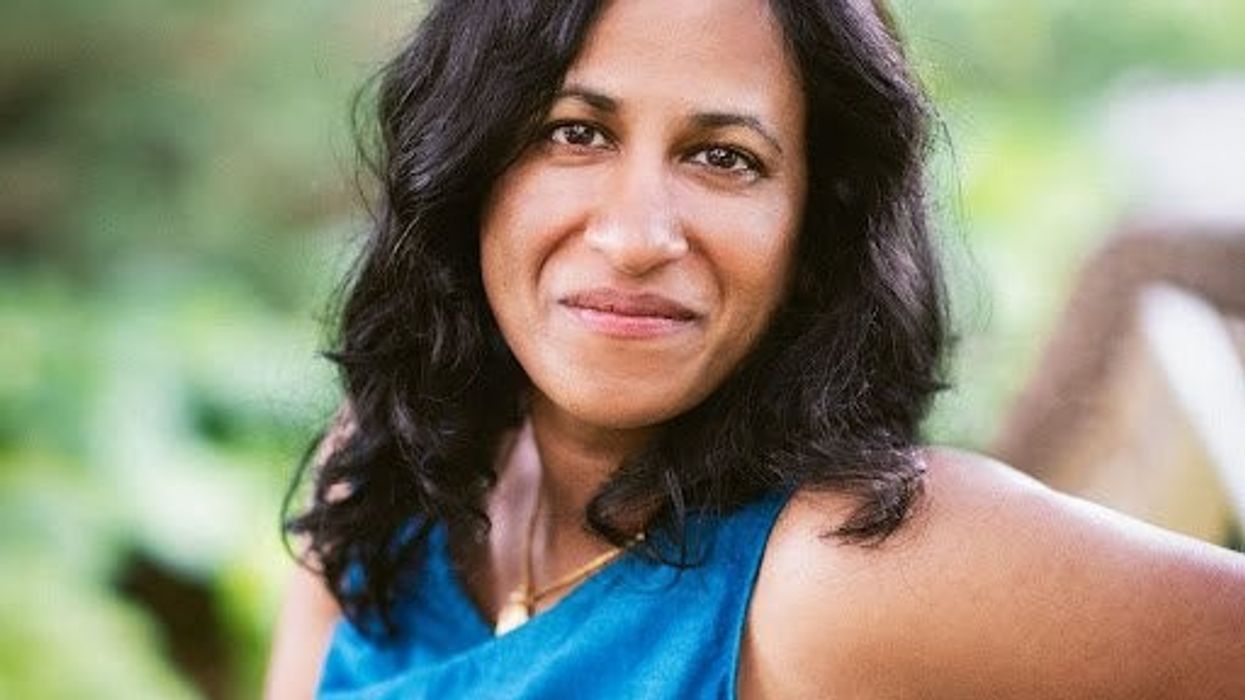INDIAN police have arrested the owner of a pharmaceutical company after a cough syrup made at his plant was linked to the deaths of at least 21 children, officials said on Thursday.
Most of the children, all under the age of five, died in Madhya Pradesh over the past month after being prescribed the syrup, which was found to be contaminated with a toxic substance.
Cough syrups manufactured in India have come under global scrutiny in recent years following deaths in several countries linked to their consumption. The incidents have affected India’s reputation as the world’s third-largest producer of drugs and pharmaceuticals by volume.
G. Ranganathan, 75, was arrested early on Thursday at his home in Chennai by police teams from Chennai and Madhya Pradesh.
He was charged with culpable homicide not amounting to murder and adulteration of drugs, police sources told AFP and Indian media reported.
The syrup, sold under the brand name Coldrif, was manufactured by Sresan Pharma at a unit in Tamil Nadu.
The Indian health ministry said on Saturday that tests on samples showed contamination with diethylene glycol (DEG), a toxic chemical used in industrial solvents that can be fatal even in small quantities.
Authorities in Madhya Pradesh and several other states have banned the product.
Indian media reported that the World Health Organization had asked Indian officials for clarification on whether the contaminated syrup had been exported to other countries.
In 2022, more than 70 children died in Gambia from acute kidney failure after consuming a cough syrup imported from India.
Between 2022 and 2023, 68 children in Uzbekistan died after consuming another contaminated syrup made in India.
(With inputs from agencies)
